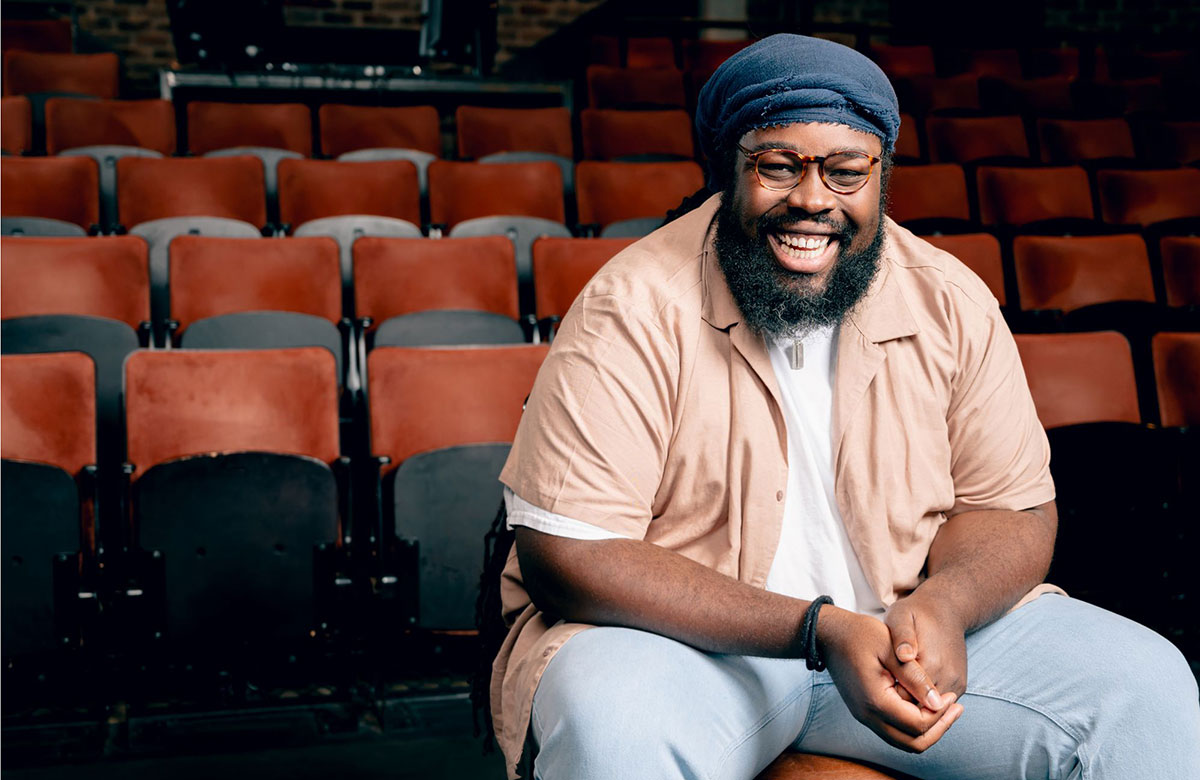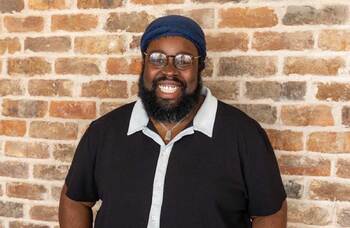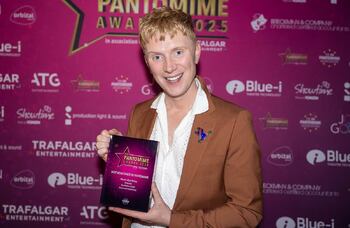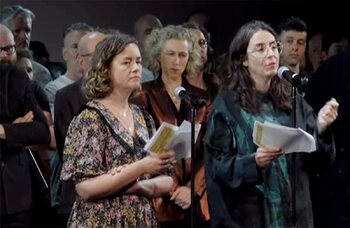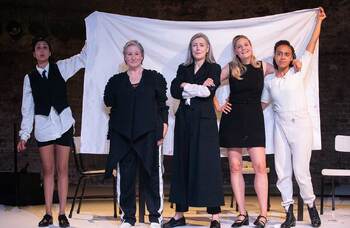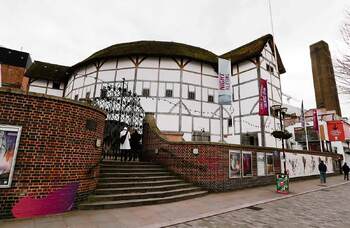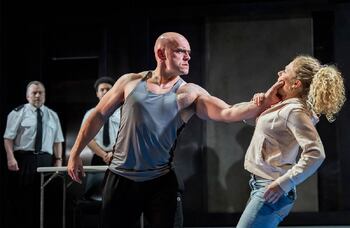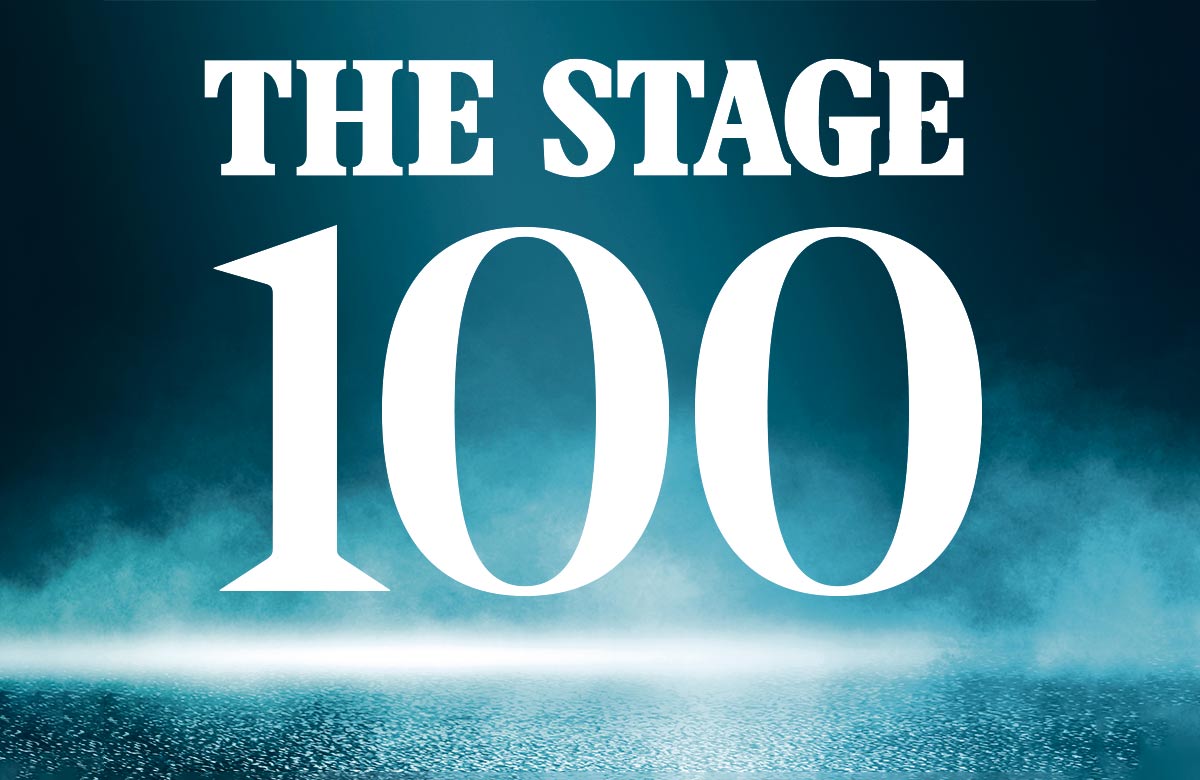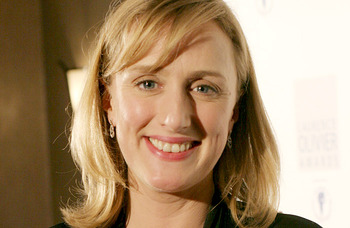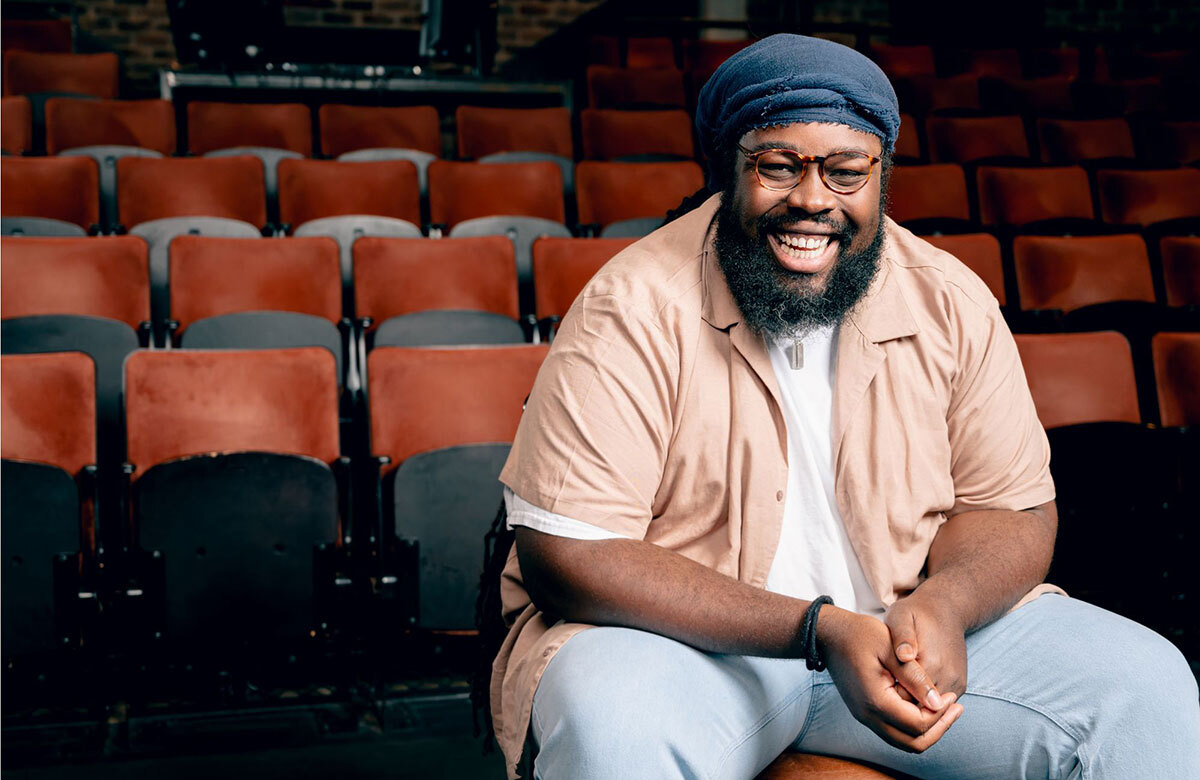
Nathan Powell: ‘I have big dreams for the future of Liverpool Everyman and Playhouse’
The creative director of the Merseyside venues tells Catherine Jones about his career journey so far and shares his vision for the theatres, which focuses on both local stories and wider collaborations as well as giving artists the opportunity to experiment
As a child in south London, Nathan Powell was a self-proclaimed chatterbox with a “bizarre imagination” who enjoyed making up stories for family and friends. “I’d play these strange characters like Bean Boy who comes to save the world by eating all the unfinished beans that no one wants,” he recalls.
A quarter of a century on, the audience for his storytelling has got a whole lot bigger, with his appointment last year as creative director at Liverpool’s Everyman and Playhouse Theatres. He succeeds Suba Das, who left the role after just over a year.
And while there are, Powell says firmly, absolutely no plans for Bean Boy to appear, the first production in his inaugural programmed season does relate to the theme of food. It is Powell’s own play Takeaway, opening this month, about a Caribbean restaurant in the heart of Liverpool.
For London-raised Powell, it’s been a circuitous route to Liverpool, one which started in Leeds – “All the Ls,” he laughs – where Powell studied theatre and performance. His plan to follow a ‘sensible’ business career was quickly abandoned when he was seduced by the university’s theatre facilities at an open day.
“In my head I was going to drama school, then I was going to be an actor and have a lovely life,” he says. “I quickly learned that wasn’t what the course was about, and a lot of it was very academic. But what I got was the chance to work with some brilliant people outside as well as within the course.”
“Following graduation, he juggled acting jobs with teaching both drama after-school clubs and a BTEC in performing arts for young people outside mainstream schooling, which gave him a taste of “the power that theatre and the arts has on effecting change”.
Watching directors at close hand, together with developing his own work as part of a young company at the then-Tricycle (now the Kiln), confirmed for Powell that driving and shaping the process of putting on a show is what really excites him.
Meanwhile, a two-year stint as diversity and participation officer at Nottingham Playhouse, working alongside Fiona Buffini, gave him insight into how theatre buildings operated. He was also offered experience programming the studio space.
Continues...
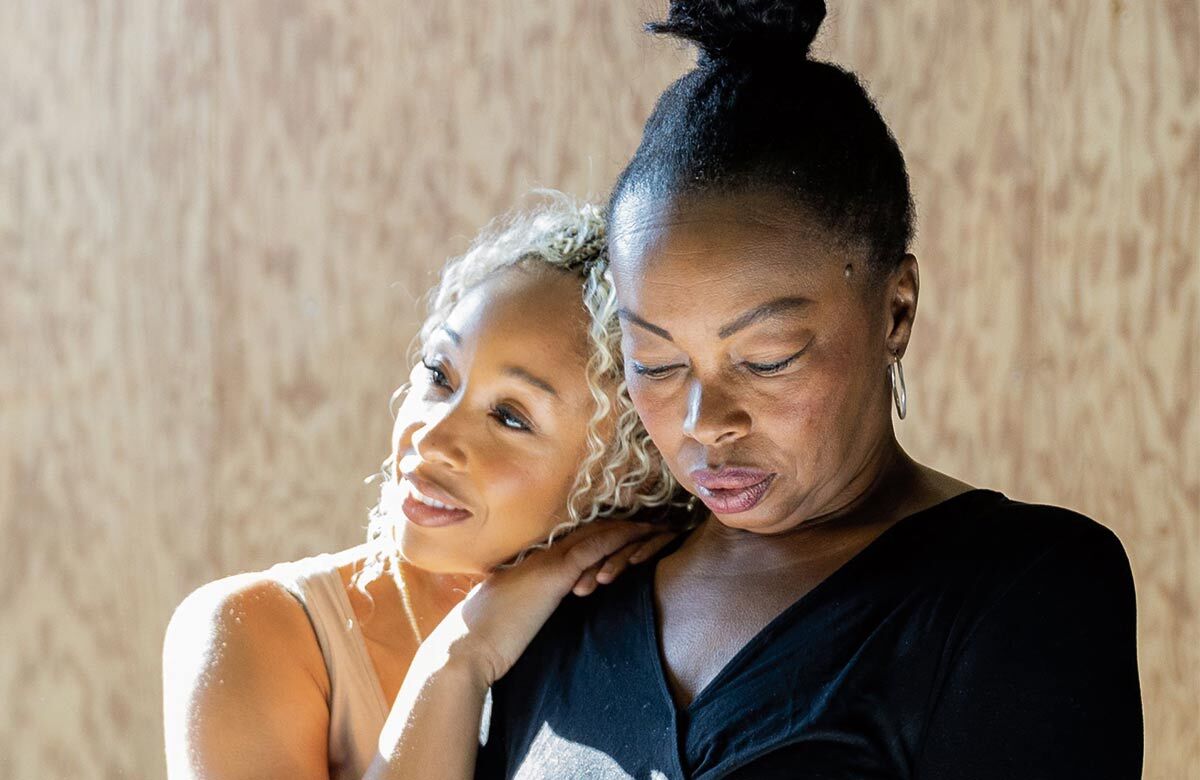
Powell arrived in Liverpool in 2017 to be trainee artistic director, and later associate artist, with 20 Stories High, where he took part in a programme supporting global-majority artists wanting to step into leadership roles. More recently, he was artistic director of the National Student Drama Festival and acted as an artistic adviser to the Everyman and Playhouse following Das’ sudden departure.
With hindsight, all these paths seem to have led him to this latest role, driving the creative vision at the two Liverpool theatres. “I felt ready,” he says. “By that time I had brilliant experiences of working within buildings, and of working within companies without buildings, and touring theatres. I felt I’d made work across scale; I’d made studio work and great main-stage work, mid-scale work – I was in a position where I had something to offer.”
The theatres’ board evidently felt so too. He was appointed last summer and, after honouring some external directing commitments, took up the reins shortly before Christmas.
And it’s an interesting time to take charge. The Everyman has just concluded its 60th birthday celebrations with a new production of Shirley Valentine – a nod to Willy Russell’s original, commissioned by the theatre in 1986 – for which Russell himself worked with actor Helen Carter and director Stephen Fletcher.
Meanwhile, there are longer-term plans to refurbish the Playhouse – Liverpool’s only surviving Victorian theatre – as part of a wider regeneration of the square outside, including reopening its 19th-century entrance and improving accessibility and environmental sustainability.
While the two venues have been run together by the Liverpool and Merseyside Theatres Trust since 1999, each has its own place in the city’s theatre scene. “They’re two very distinctly different buildings,” the 34-year- old agrees. “And I think we’d be doing both a disservice if we try to ignore that. They have different histories, united in many ways, but they are different spaces. And different work functions best in those separate spaces.
“So I don’t feel the fear of: ‘Oh gosh, there’s two buildings.’ I go: ‘Actually, what an incredible gift!’”
He adds: “We want to present brilliant, world-class work for the city and there’s more space for us to do that with those two venues, which feels really exciting.”
Interview continues below...
Q&A Nathan Powell
What was your first non-theatre job?
When I was 15, I used to help my auntie run a summer camp for primary school kids.
What was your first theatre job?
An FA Cup advert.
What is your next job?
Hopefully I don’t have to think about that for a while! I’m really blessed to be working in an incredible organisation in my home city. I hope to be here for as long as I’m useful, and only that long.
What do you wish someone had told you starting out?
No one artist, or person, is a genius, everything brilliant achieved in this industry is through incredible collaboration and the sharing of ideas.
Who or what is your biggest influence?
Cheesy I know, but my parents. My dad was a social worker and my mum is a business person and leadership coach. Those two things have served me so well in navigating my way into leadership.
What is your best advice for auditions?
Be yourself. You’re a talented actor and if it’s a no, it’s not your skill, it’s because sometimes, for an unexplainable reason, someone else is just a better fit. Make sure you leave the room knowing you’ve shown them who you are, so they think of you first when you are the right person.
If you hadn’t been a director, what would you have been?
In theatre, a sound designer or a technician. I’m a bit of a tech geek, so I love watching those artists at work during tech. Outside of theatre, I always thought I’d follow my dad into social work.
Do you have any theatrical superstitions or rituals?
Not really. I always like to have a quiet place where I can go and hide before a show opens. I hold it all together up until that moment, then I need a bit of time to let the nerves run through me.
Continues...
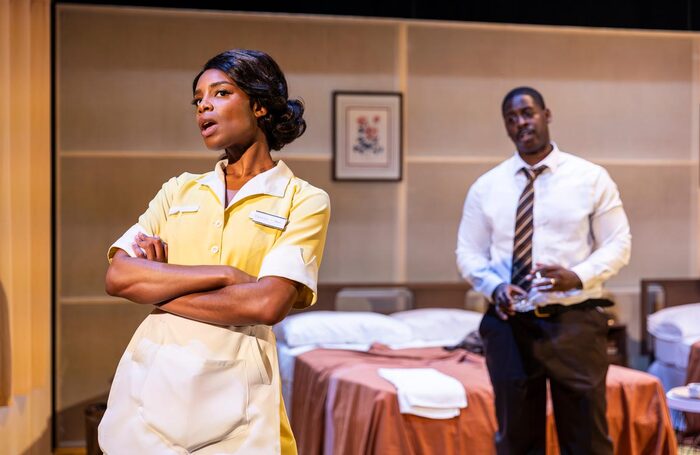
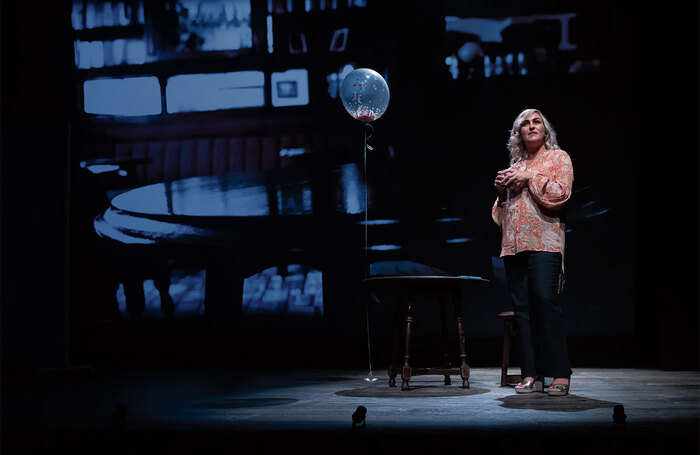
Nathan Powell’s Three Pillars
Powell’s creative ambitions rest on what he describes as three ‘pillars’.
One is about Liverpool and ‘being local’, and how the organisation ensures it is properly serving the city both through the artists it works with and the range of stories it tells.
“You wait at a bus stop and someone will tell you the most incredible story about Liverpool, and you go: ‘Oh, that will make a great piece,’” he says. “There are so many of those stories that exist in the city. How can we tell them?”
The second pillar concerns working within the current challenging industry landscape to offer artists the space to experiment.
“What’s our position, as a subsidised theatre [it currently receives national portfolio organisation funding], to support work being made that we really believe in, and is really brilliant, but might be pushing the boundaries in terms of form in some way?” Powell queries.
The final pillar concerns classical work and how the theatre presents it in a way that feels exciting and relevant.
“It’s going: what does it say to us now? What’s the reason we’re doing this piece in Liverpool? How does it make sense to us here? What’s the way we want to make that work?”
We want to present brilliant, world-class work for the city and there’s more space for us to do that with those two venues
With his background in community and youth work, he is also keen to support the organisation’s community engagement programme and its Young Everyman Playhouse strand, which offers experience and training for young actors, writers, directors, producers and technicians. A further important objective remains collaboration – locally, regionally and nationally, too.
In line with the wider industry, the Everyman and Playhouse has faced what Powell describes as 15 years of standstill funding. The organisation has had a challenging financial history, having dropped out of the national portfolio from 2018-2022 as it reviewed its business model.
As he says at another point in our conversation: “It’s not money, money, money – but it is money, money, money, because that has an impact on everything.”
It feels, he says, like a time of change for the industry: “There’s lots of waiting at the moment. What’s the NPO going to look like next time? What’s coming next? So, I think everyone is getting their heads together and working a lot more in partnership to think about what could be possible.”
Continues...

Powell has already been in talks with other Liverpool theatres about shared experiences, and the organisation is nurturing more co-producing partnerships with venues across the north. But he’s also having conversations further afield, in London, “to talk about the work we make here that’s very much Liverpool at its heart but has a national reach”.
Meanwhile, back at the Everyman and Playhouse, if Romeo and Juliet, directed by YEP alumnus Ellie Hurt and programmed for September, is an example of Powell’s third ‘pillar’, Takeaway, set in the city’s Toxteth neighbourhood, falls into the first category.
Aptly, we’re talking in the writers’ room at the Everyman. But it turns out Powell didn’t pen the play specifically for the new season. Rather, the story has been in his back pocket for several years, and it was the Everyman and Playhouse team who suggested staging it.
While he admits he was tempted to direct, Amanda Huxtable is firmly in charge in the rehearsal room, with Powell happy to concentrate on his new, wider leadership role. He smiles: “I still feel very much in that honeymoon phase, where I’m dreaming big and having incredible conversations with artists and partners about what could be.”
Nathan Powell’s play Takeaway runs at the Liverpool Everyman from April 26-May 17. More details at: everymanplayhouse.com
CV Nathan Powell
Born: 1991, Farnborough
Training: Theatre and performance, Leeds University
Landmark productions:
• Roy Williams’ Sucker Punch (Queen’s Theatre Hornchurch and touring, 2023)
• Katori Hall’s The Mountaintop (Leicester Curve and on tour, 2024)
Opinion
Recommended for you
Opinion
Recommended for you
Most Read
Across The Stage this weekYour subscription helps ensure our journalism can continue
Invest in The Stage today with a subscription starting at just £7.99
